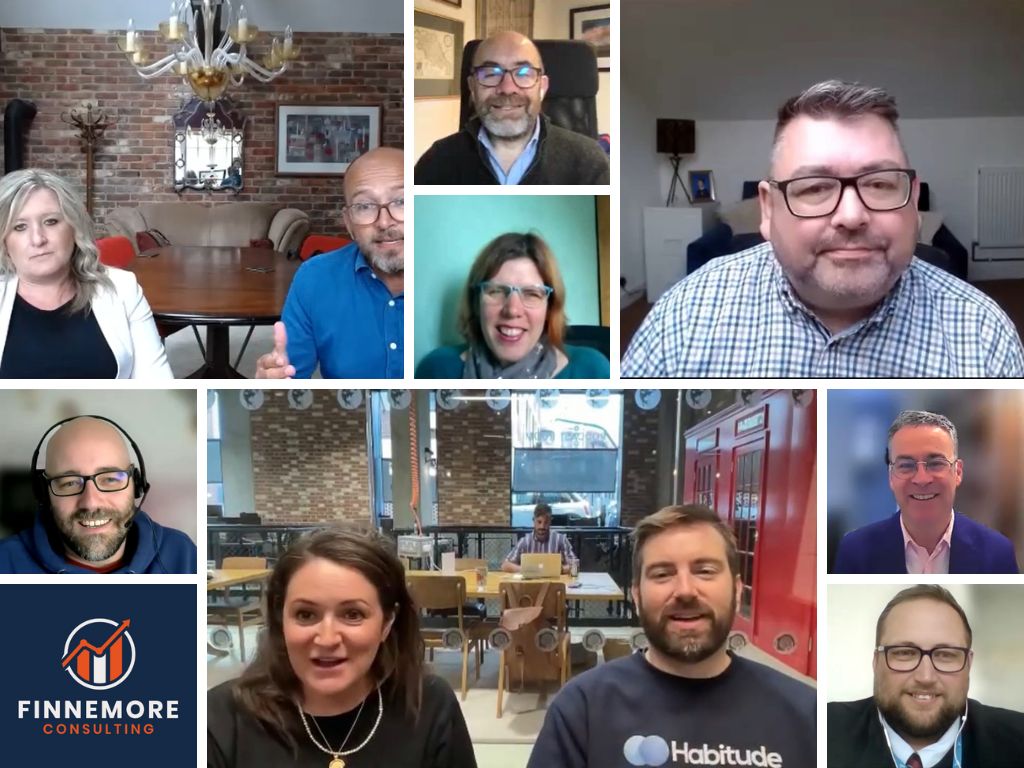There’s been a huge amount of change in the school MIS sector in the last 5 years. The make-up of MIS market share is completely turning on its head, and the landscape continues to move towards one where academisation dominates and the number of maintained schools gets smaller each year.
It can feel like a scary time for a lot of teams; over the years some have ceased to exist as they just weren’t sustainable for their local authorities. Others have grown and gotten stronger, sometimes joining up with neighbouring teams or striking out on their own as separate commercial entities. The school support market continues to be an exciting market with lots of opportunities – something many private equity companies can see as they acquire in this sector.
We’re often asked what’s next for support teams, so in this blog, we’ve outlined what to avoid and what to try and focus on instead.
While it may not be possible to make all these changes immediately, it’s worth having a plan for what the edtech and school management landscape might look like in 3-5 years’ time. What will your value and unique offer be as a team? Will your revenue be dependent on certain suppliers and, if so, what are the potential consequences? Owning your own destiny is about ensuring your revenue is not tied to suppliers, but instead to all the value your offer outside of product support.
Try not to be too dependent on financial incentives that come from suppliers for signing your schools up to their products.
Being able to achieve revenue from school management suppliers via favourable licence deals, rebates and referral fees has been the traditional model for some time. However, it’s a risky strategy for support teams in the future:
- They can be pulled very easily by the supplier once you’ve got all your schools on their product – many support teams will likely have experienced something like this. Incentives provide a revenue stream in the short term, but it can easily be threatened.
- A big part of your uniqueness and value as a Support Team is that you’re independent and trusted, but this standpoint can be challenged on ethical grounds if you suggest one solution above all others based on financial kickbacks/incentives.
- Being a support partner for solutions can often result in a financial rebate from the supplier (in the case of MIS this is usually around 20% of the annual subscription price for all those with support partner programmes in place) but what happens if this arrangement is pulled in the future? What you offer schools is far more than just product support. You support the processes, not the products, and your SLAs and services can really focus on the additional value you provide over and above user support in a way that supplier SLAs cannot.
So how will you adapt your team and your business to be a truly agnostic and independent partner to your schools? Here are our ideas:
1. Continue to advocate on behalf of your schools and seek the best value for them.
As a support team, you are still your schools’ no. 1 point of contact for most things and will often have a close relationship with them spanning many years (or even decades!). This is so important to schools; these strong relationships are built on trust and there are many ways you can ensure their best interests are at the centre of what you do:
- Helping coordinate aggregated purchases means you can access discounts for your schools which can be passed back directly to the schools, ensuring they get the best value.
- Being the provider of support for those solutions means you can offer an enhanced SLA to schools which is much more than just product support; it helps them use the solution as part of their overall SDP which provides them with far better value.
- Support teams are able to help schools navigate the procurement process which might feel daunting for schools on an individual level. Helping your schools through a well-thought-out procurement process can make a huge difference to them—both financially, by releasing cashable savings, and by maximizing social benefits for your schools and the wider community.
2. Look for more ways to add value, new ways to help your schools and create additional partnerships.
It’s hard to survive as a team if you only offer IT support, even harder if your support is limited solely to MIS. There are tons of technology-enabled systems and services required by schools and only a fraction of these is usually delivered within an MIS (see below):

Original image courtesy of Chris Kirk, CJK Associates
Consider:
- Are there other staff-related areas you could support such as HR or payroll? If so, have you considered a partnership with an excellent software solution such as Fusion/SAM People?
- Are there other operational school management areas you could support such as safety and compliance? Have you considered creating a channel partnership with a supplier such as iAM Compliant to add value for your schools?
- Could the range of school management-related services be extended if you were to work in partnership with other support teams across the country? We’re seeing more and more teams work together in order to be able to deliver a personalised service to their local schools, but also to the MATs they support which often span the width and breadth of the UK. Teams such as OSMIS and SCOMIS do just this to provide an exceptional level of support to their schools and help them use their MIS to truly improve outcomes.
- Could you elevate your conversations to truly understand the pain Heads and MAT leaders experience and support their School Development Plan or the MAT strategic plan? This could be through getting the best out of technology, becoming more sustainable, reducing the cost of ownership, automating processes, getting more out of the data – the list goes on.
Support Teams offer so much to schools, academies and Trusts in the way that they help reduce friction for them. You can do everything from uncovering awareness of needs, understanding their portfolio of all solutions and making recommendations and driving usage, to helping the procurement process, supporting transitioning and onboarding, ensuring MATs/schools are getting the greatest value from the solution and supporting schools to hit their climate and net-zero targets.
Owning your own destiny is about ensuring the revenue you generate is in your hands, not the hands of product suppliers. There are tons of brilliant ideas out there which will help make it a possibility; in this blog, we’ve listed just a few but we’re always happy to share best practices so get in touch if you’d like to discuss.











